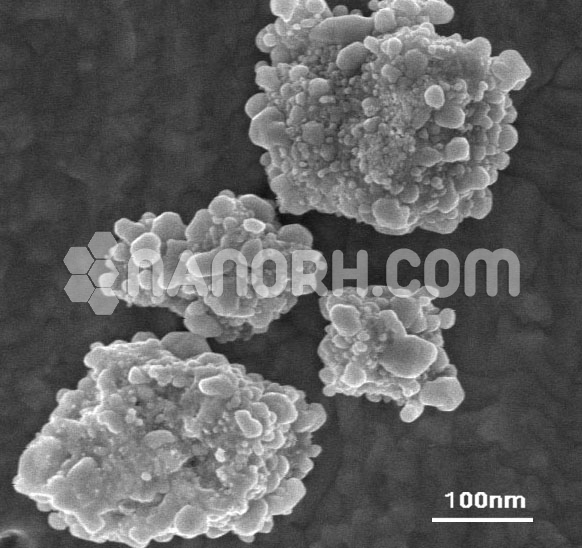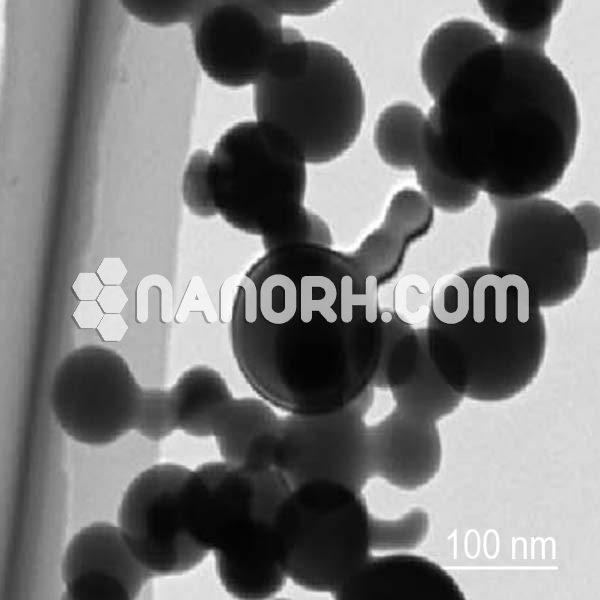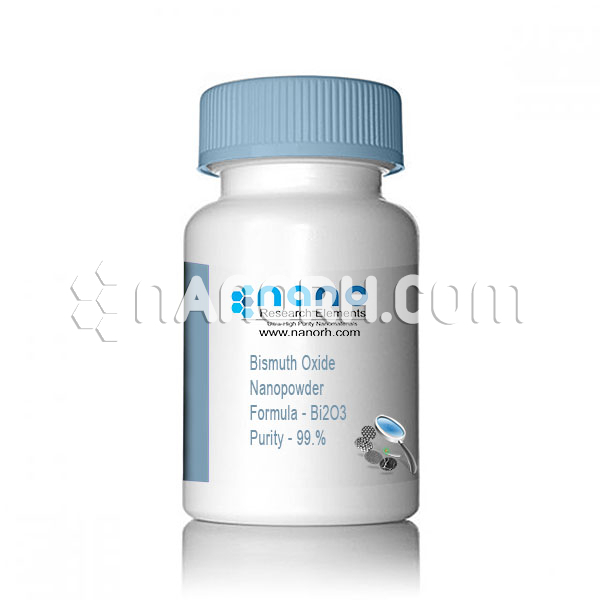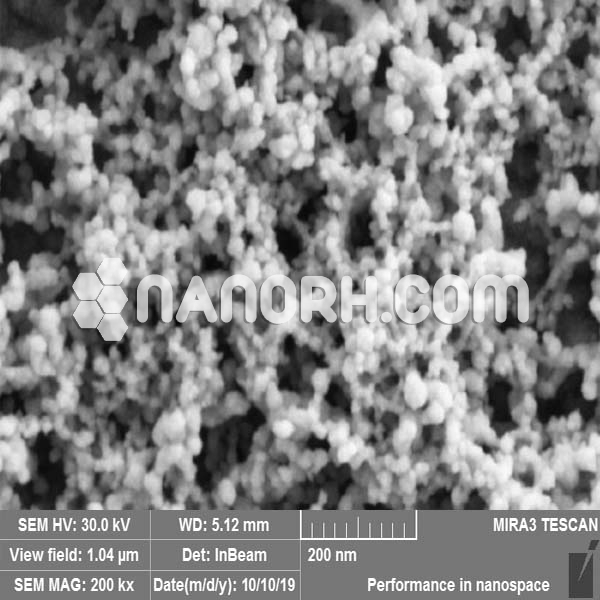| Magnesium Chloride Nanoparticles | |
| Product No | NRE-5143 |
| CAS No. | 7786-30-3 |
| Formula | MgCl2 |
| APS | <100nm (Can be Customized) |
| Purity | 99.9% |
| Color | White |
| Molecular Weight | 95.211 g/cm³ |
| Density | 2.32g/cm³ |
| Melting Point | 714 °C |
| Boiling Point | 1412 °C |
Magnesium Chloride Nanoparticles
Introduction
Magnesium chloride (MgCl₂) is an inorganic salt that occurs naturally in seawater and salt lakes. It is composed of magnesium (Mg²⁺) and chloride (Cl⁻) ions, and is commonly used in a variety of industrial, chemical, and agricultural applications. The nanoparticle form of magnesium chloride has gained significant interest due to its enhanced surface area, reactivity, and unique physical properties compared to its bulk counterpart.
Properties
Increased Surface Area:
As with most nanoparticles, magnesium chloride in nanoparticle form has a significantly larger surface area compared to bulk material. This increase in surface area makes it more reactive and enables faster chemical interactions, which is advantageous for its use in catalysis, drug delivery, and adsorption applications.
Water Solubility:
Magnesium chloride is highly soluble in water, and this solubility is further enhanced when in nanoparticle form. This makes MgCl₂ nanoparticles ideal for applications where high solubility or rapid dissolution is required, such as in water treatment or nutrient delivery.
Non-Toxicity and Biocompatibility:
Magnesium chloride is generally considered non-toxic and is already used in various medical and pharmaceutical applications, such as magnesium supplements. As nanoparticles, it retains its biocompatibility, making it suitable for biomedical applications like drug delivery and wound healing.
Catalytic Properties:
MgCl₂ nanoparticles are useful in catalyzing a wide range of organic reactions, including those involved in polymerization, hydrogenation, and dehydrogenation. They can also be used as catalysts or catalyst supports for chemical processes, which is advantageous in both industrial and laboratory settings.
Anti-Corrosion Properties:
MgCl₂ has inherent anti-corrosion properties, which are enhanced when in nanoparticle form. The increased surface area of nanoparticles helps form protective layers on metal surfaces, preventing corrosion from environmental factors such as moisture, saltwater, and chemicals.
Reactivity and Adsorption:
MgCl₂ nanoparticles are reactive towards several chemical species and can be used for adsorption purposes in water and air purification. Their ability to adsorb heavy metals, dyes, and other pollutants makes them useful in environmental remediation applications.




